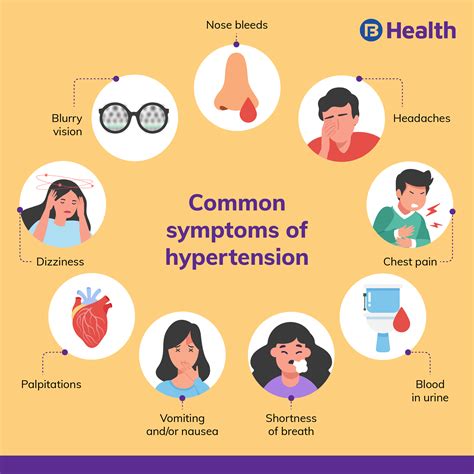Hypertension - Understanding High Blood Pressure
Hypertension FAQ
What is high blood pressure & hypertension?
Hypertension, also known as high or raised blood pressure, is a condition in which the blood vessels have persistently raised pressure. Blood is carried from the heart to all parts of the body in the vessels. Each time the heart beats, it pumps blood into the vessels.
Is high blood pressure serious?
Hypertension (high blood pressure) is when the pressure in your blood vessels is too high (140/90 mmHg or higher). It is common but can be serious if not treated. People with high blood pressure may not feel symptoms. The only way to know is to get your blood pressure checked. Things that increase the risk of having high blood pressure include:
What causes high blood pressure?
High blood pressure is also sometimes caused by an underlying health condition or taking a certain medicine. Doctors can help you keep your blood pressure to a safe level using: What works best is different for each person.
What happens if you have high blood pressure?
Among other complications, hypertension can cause serious damage to the heart. Excessive pressure can harden arteries, decreasing the flow of blood and oxygen to the heart. This elevated pressure and reduced blood flow can cause: heart attack, which occurs when the blood supply to the heart is blocked and heart muscle cells die from lack of oxygen.
What is a high blood pressure?
The higher number is called the systolic blood pressure and the lower number is the diastolic blood pressure. The ideal blood pressure is between 90/60mmHg and 120/80mmHg. High blood pressure is only diagnosed if there are several blood pressure readings that are high, taken on different occasions, and when a person is relaxed.
What if I have a high blood pressure?
If you have a high reading, you may be asked to take some readings with a 24-hour monitor that checks your blood pressure throughout the day. This will confirm whether you have consistently high blood pressure. It's known as 24-hour or ambulatory blood pressure monitoring.
How do you treat high blood pressure?
Healthy lifestyle habits —such as not smoking, exercising and eating well — can help prevent and treat high blood pressure. Some people need medicine to treat high blood pressure. Most people with high blood pressure have no symptoms, even if blood pressure readings reach dangerously high levels.
How common is high blood pressure?
About one in four of all adults and more than half of those over 60 years old are afected. The cause of high blood pressure is not fully understood in most of those afected, who are often described as having ‘essential hypertension’.
Hypertension References
If you want to know more about Hypertension, consider exploring links below:
What Is Hypertension
- https://www.nhs.uk/conditions/high-blood-pressure-hypertension/
- https://www.who.int/news-room/fact-sheets/detail/hypertension
- https://www.mayoclinic.org/diseases-conditions/high-blood-pressure/symptoms-causes/syc-20373410
- https://www.bhf.org.uk/informationsupport/risk-factors/high-blood-pressure
- https://www.nhsinform.scot/illnesses-and-conditions/heart-and-blood-vessels/conditions/high-blood-pressure-hypertension
- https://www.heart.org/en/health-topics/high-blood-pressure/the-facts-about-high-blood-pressure/what-is-high-blood-pressure
- https://patient.info/heart-health/high-blood-pressure-hypertension
Hypertension Information
Explore Related Topics
Mastering Diabetes Management with Group Exercise Classes
Unleash the potential of group exercise programs as a key component in your diabetes management toolkit.
Understanding the Numbers: Interpreting Blood Pressure Readings for Diabetic Patients
Gain insights on interpreting blood pressure measurements and target values for individuals with diabetes.
Peer Recommendations: Which Self-Monitoring Apps Are Effective for Tracking Blood Pressure in Diabetes?
Share and receive recommendations on effective mobile apps for monitoring blood pressure in diabetic patients.
Are Home Blood Pressure Monitoring Kits Worth the Investment for Diabetic Patients?
Evaluate the benefits and drawbacks of investing in home blood pressure monitoring kits for diabetes care.
The Role of Diet and Exercise in Self-Monitoring Blood Pressure for Diabetic Individuals
Delve into the influence of diet and physical activity on blood pressure monitoring outcomes in diabetes.
Pilates and Diabetes: Unlocking the potential of Pilates in diabetes care
Join the conversation about how Pilates can contribute to a healthier lifestyle for those with diabetes!
Interactive Discussion: How Does Stress Impact Blood Pressure Readings in Diabetic Patients?
Dive into the correlation between stress levels and blood pressure values in individuals with diabetes.
